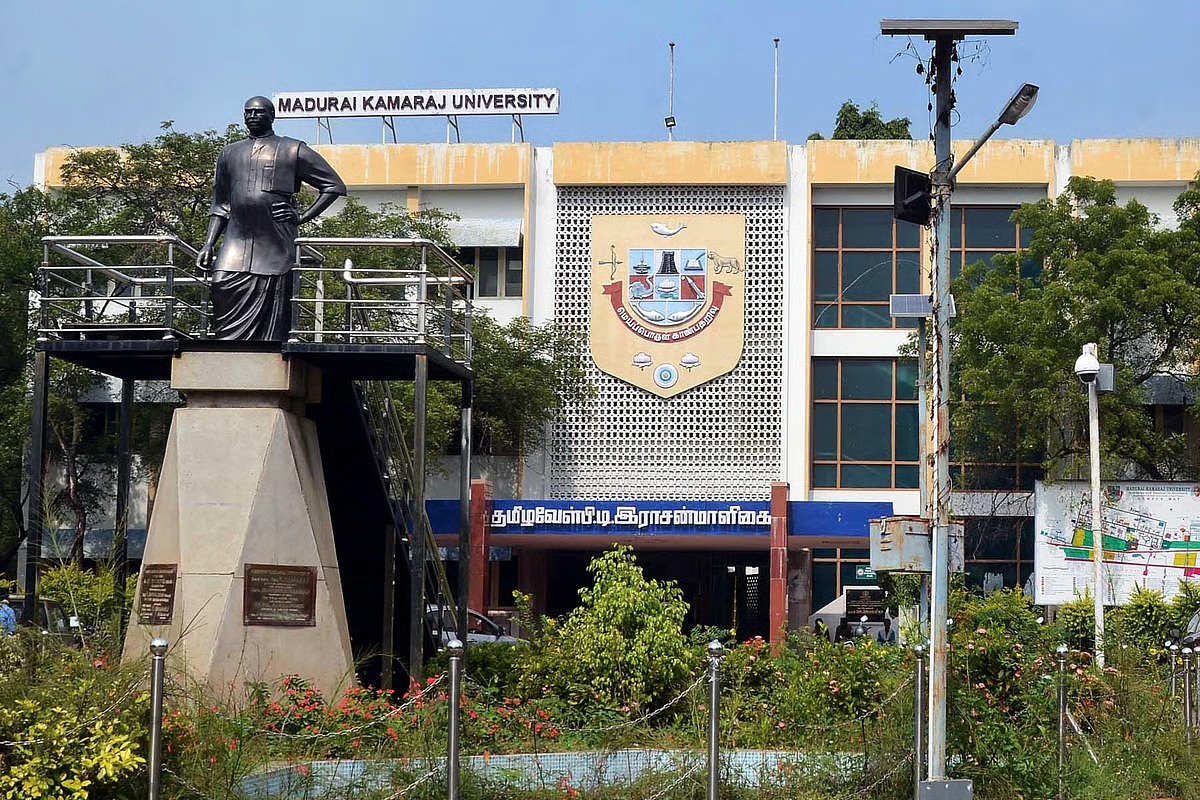@JUDGMENTTAG-ORDER
T.C. Raghavan, J.@mdashSection 60 of the Travancore-Cochin Co-operative Societies Act X of 1952 comes up for consideration in this Civil Revision Petition. The Coir Industrial Co-operative Society No. 3066 of Chingoli, represented by its President, is the petitioner before me. The Society filed a petition in the lower court praying that the decree passed in S. C. S. No. 35 of 1960 against it be declared null and void on the ground that it was passed without jurisdiction. The contention was that the dispute which resulted in the decree was one touching the business of the Society and therefore, it should have been referred to the Registrar of Co-operative Societies for decision. The lower court refused to accept this contention and dismissed the petition and the President of the Co-operative Society has filed the Civil Revision Petition. The short question for consideration is regarding the connotation or the implication of Section 60 of the Co-operative Societies Act. Section 60 enacts, among other things, that if any dispute touching the business of a registered Society arises between the Society and a member, such dispute shall be referred to the Registrar for decision. In the present case the Co-operative Society took the respondent''s water-logged land for soaking coconut husks. The respondent filed S. C. S. No. 35 of 1960 for recovery of arrears of rent and obtained a decree. The present application by the President of the Society is to declare the said decree as null, void and without jurisdiction. The question is whether the dispute that resulted in the decree was one touching the business of the Co-operative Society.
2. The learned advocate of the petitioner has invited my attention to a few decisions on the matter. The first of the decisions is the Full Bench decision of the Madras High Court in M. S. Madhavan Rao v. D. V. K. Surya Rao (A. I. R. 1954 Mad. 103). The learned Judges held therein, interpreting the expression "touching the business of a society" occurring in Section 51 of the Madras Co-operative Societies Act, that those words must be given their full import bearing in mind the object of the legislation. They held that taking the dictionary meaning of the word "touching" it indicated that the dispute need not have directly arisen out of the business of the society, but it was enough that it should have reference or relation to or concerned the business of the society. They also held that the word "touching" was clearly not intended to restrict the meaning of the word "business" it was designed to enlarge its scope and similarly the word "business" was not used in a narrow sense either. This decision has been followed in a decision of this Court in Kochu Pillai Achari Raman Achari v. Krishnan Achari Paramu Achari (1957 K. L. T. 362). Yet another Division Bench ruling of this Court in C.J. Joseph v. Registrar of Co-operative Societies (A. I. R. 1957 T. C. 274) has laid down that so long as the parties to a dispute are those specified in Section 60 and the dispute itself is one "touching the business" of the society as defined therein, the matter has to be dealt with under that section and not by way of a regular suit. A recent decision of the Madhya Pradesh High Court in
3. Regarding the proposition that every dispute touching the business of a Co-operative Society between a member and the Society should be referred to the Registrar, there cannot be any doubt. The section is clear. The question for consideration is as to what is the scope or the connotation or the implication of the term "touching the business" of the Society. As laid down by the Full Bench of the Madras High Court, that expression should be given a wide meaning so as not to restrict the scope of the word "business" but to enlarge it. That does not mean that every transaction that is intended or meant "for the purpose of the business" of the society is a transaction "touching its business". It does not also mean that every dispute "touching a transaction intended for the purpose of the business" of the Society necessarily "touches its business". I may make my meaning clear by giving one or two illustrations. Suppose a Co-operative Society is formed for the purpose of manufacturing coir products and for the purpose of its business the Society has to build a factory. If this Society purchases cement from a dealer in cement, who happens to be a member of the Society, can it be said that a dispute regarding the price of the cement between the member and the Co-operative Society is a dispute touching the business of the Society, which is to manufacture and sell coir products? I may give another illustration. Suppose a Co-operative Society to provide credit to its members, for the purpose of housing its office, takes up premises belonging to one of its members, on rent and a dispute between the member and the Co-operative Society regarding the rent of the premises arises. Can it be said that such a dispute touches the business of the Society, its business being only to provide credit to its members? Illustrations like these may be multiplied of transactions which are "for the purpose of the business" of the Society and yet not "touching its business." Therefore, I am of opinion that a distinction should be made between a transaction "for the purpose of the business" and one "touching the business" of the Society. In other words, a line should be drawn as to where a transaction "intended for the purpose of the business" commences "touching the business" of the Society. Only such of those disputes which fall within the latter group, namely disputes touching the business of the Society, will fall within the scope of Section 60. In the present case there is no clear evidence as to what is the business of the Society excepting the name that it is a Coir Industrial Co-operative Society. Moreover, no objection appears to have been taken to the jurisdiction of the court at the time when the decree was passed, which itself might show that the dispute was not one touching the business of the Society. In this view, I have to sustain the order of the lower court. Therefore, the order of the lower court is confirmed and the Civil Revision Petition is dismissed with costs.

